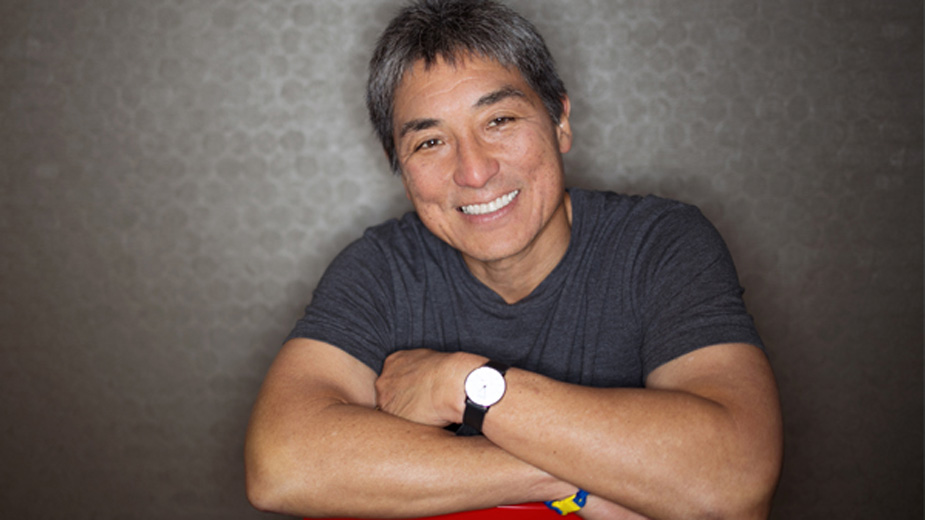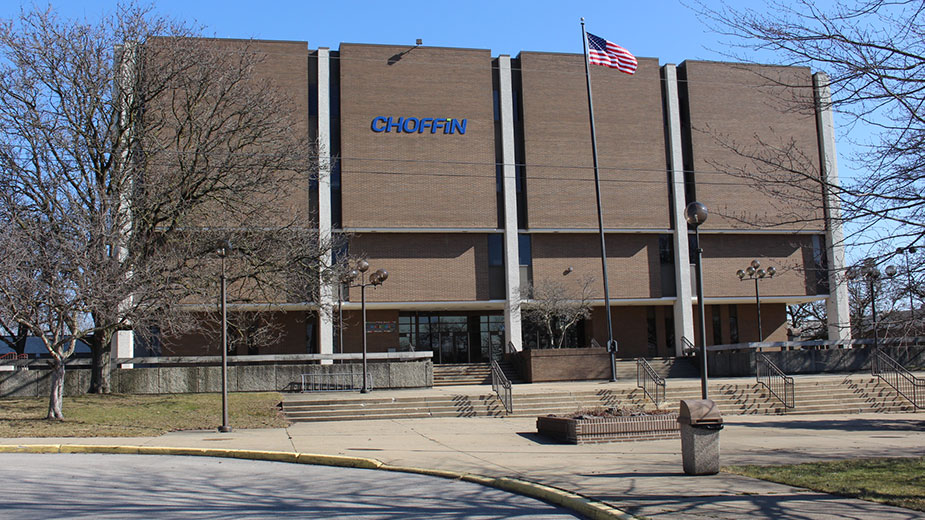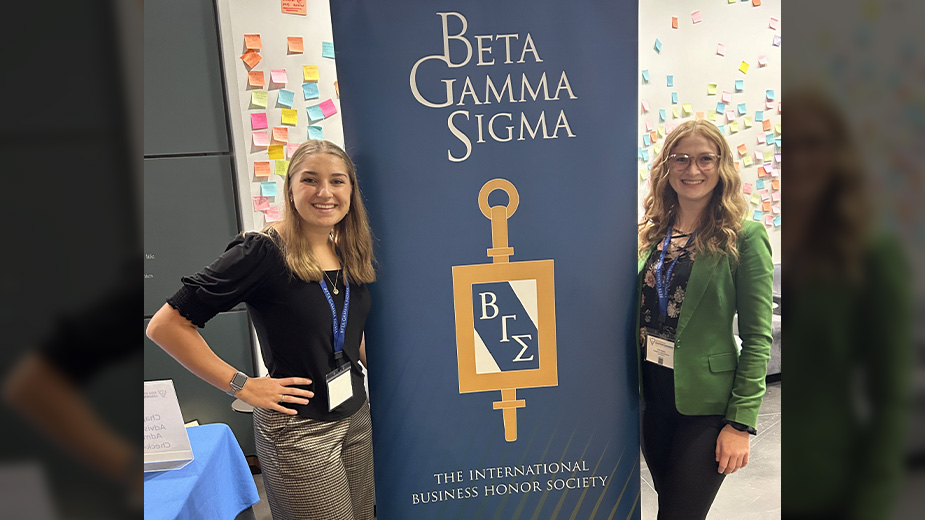Kawasaki’s Visit: From One Sansei to Another
By Marsha Huber, YSU accounting professor
YOUNGSTOWN, Ohio — “Is it better to know people or be known by people?” Guy Kawasaki, the speaker Oct. 25 at Youngstown State University’s Thomas Colloquium, was asked by a student.
“It is better to be known by people,” said Kawasaki.
Kawasaki, 64, known for his previous role as chief evangelist at Apple, enjoys life as an author, speaker and current evangelist for Canva, an online, graphics-design company in Australia.
With his salt and pepper hair and boyish Silicon Valley charm, Kawasaki spoke of the keys to innovation: find meaning, work hard, and develop unique products that bring value. His personalized approach to speaking included pictures of his visit to the famous painted rock on the YSU campus, Barnes and Noble in Boardman, and good eats at the DoubleTree Hotel downtown. His frankness and occasional curse word reflected his open, honest and likable demeanor.
Kawasaki, in jeans and a dress jacket, looked every part of Silicon Valley, with the undertone that success comes from moving forward at a riveting pace.
A few of my students – Andrew Klapac, Jessica Flynn, Joseph Scott and Chris Eichler – “get” that pace as they work with Stanford University as Innovation Fellows, a program designed to empower students to change the world.
I’ve watched these four students mature and learn “fast” over the last six weeks as they interviewed students and stakeholders, prototyped ideas and pitched change. They’ve grown as a team in a way that fits in Kawasaki’s framework – jump to the next curve, ignore naysayers and don’t worry, you don’t need perfection to move forward.
Kawasaki is a Sansei — a third generation Japanese-American. He shared stories of insight. One day as he trimmed his bushes outside his California home, a woman asked him if he was the gardener. Taken aback, he shared the experience with this father, expecting a motivated response. His father, a Nisei (a second-generation Japanese-American) said most of the gardeners in that neighborhood were probably Japanese, not to make something out of nothing and to get over it.
Being a Sansei myself, this advice sounded familiar. I felt angry when my 80-year old father divorced my 77-year old mother in 2010. My Nisei Uncle Dan said, “You can be angry or choose to love and forgive. Being mad or depressed won’t change anything. Only love will make a difference,” and I chose love.
Interestingly, my grandfather worked as a gardener in the 1920s to pay for tuition at Northwestern University’s dental school. He didn’t tell customers he was in dental school or a dentist after graduation because of World War II. No one wanted a Japanese dentist at that time and he had to work at a denture factory upon graduation to make a living.
Hearing Kawasaki speak made me marvel at the cultural grit of my Japanese-American ancestors to overcome adversity, trust in God and to always move forward.
From one Sansei to another: Kawasaki, your words inspired me to do more – to do good in what my gut tells me to do, find a few friends to innovate with, and it might blossom into something greater. Even in failure, every experience is a learning one, getting me ready for the next adventure.
Editor’s Note: The author, Marsha Huber, is an accounting professor at Youngstown State University. The Business Journal welcomes commentaries submitted by our readers. CLICK HERE.
RELATED:
Kawasaki Shares Five Ways to Perfect Your Pitch
Copyright 2024 The Business Journal, Youngstown, Ohio.



